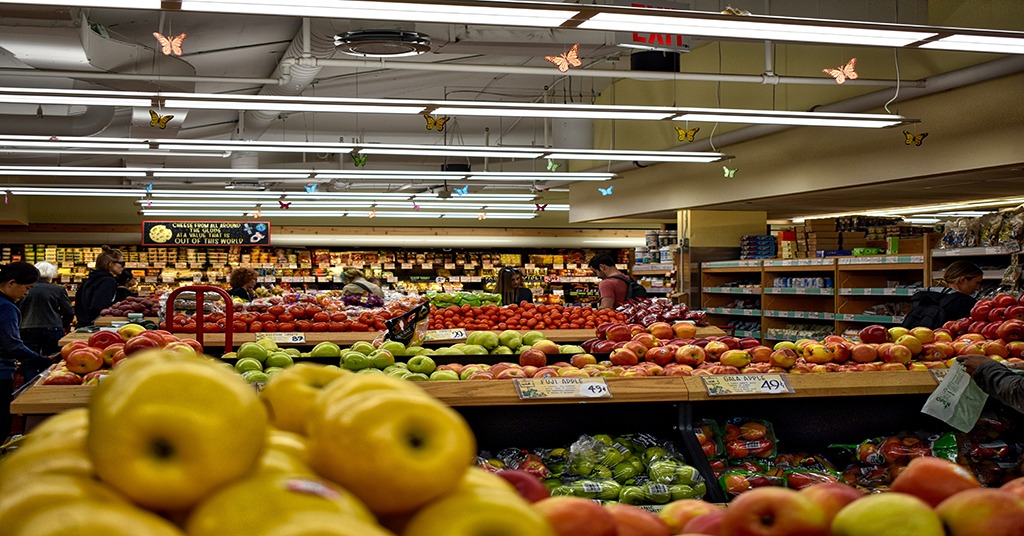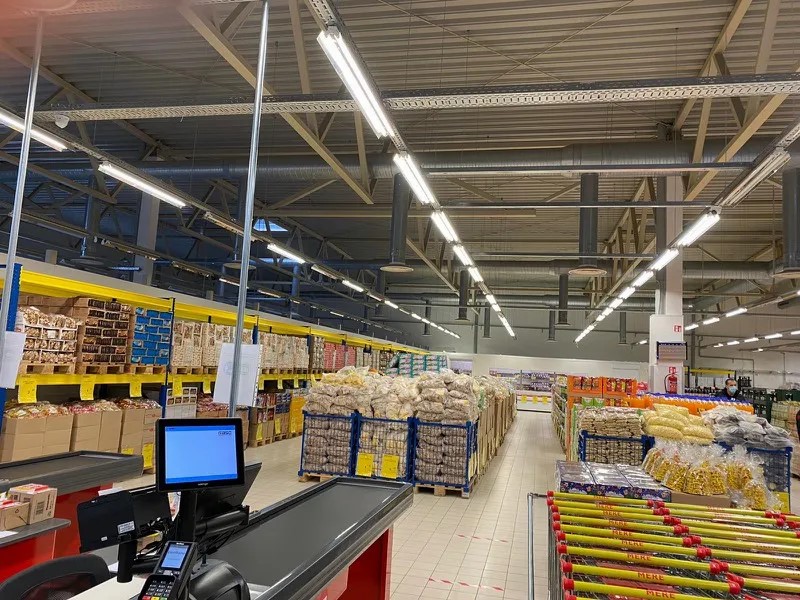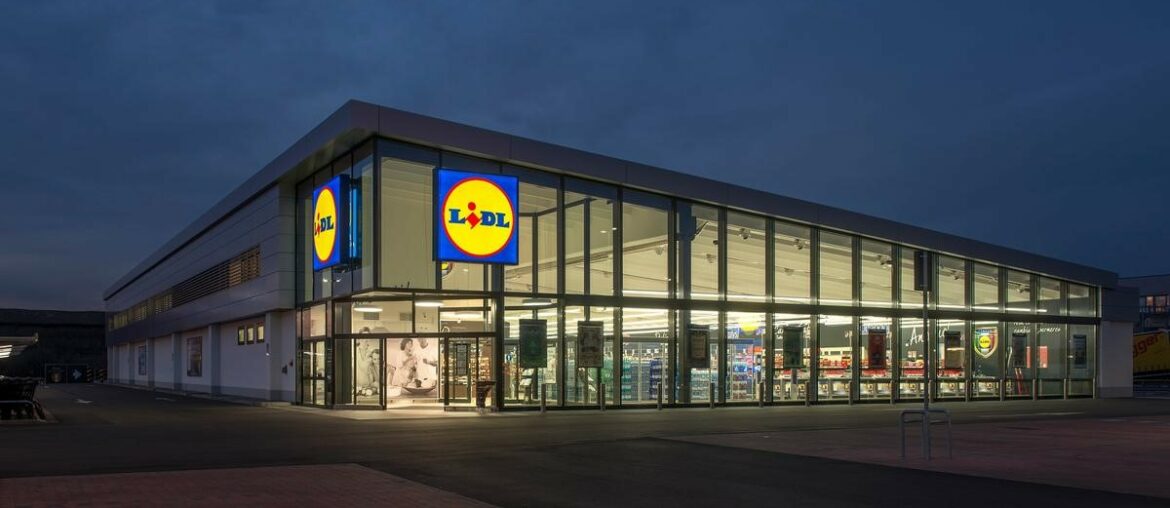Chain stores have become an integral part of the retail landscape in Europe. These large-scale retail businesses offer a wide variety of products, convenience, and competitive pricing. In this article, we will explore the five biggest chain stores in Europe, their historical significance, their impact on the European economy, and what the future holds for the retail industry in the continent according to Knot35 EU.

The Biggest Chain Stores in Europe
- Carrefour: Founded in France in 1959, Carrefour is one of the largest hypermarket chains in Europe. With a presence in multiple European countries, Carrefour offers a vast range of products, including groceries, electronics, clothing, and household items.
- Tesco: Based in the United Kingdom, Tesco is a retail giant that operates supermarkets, hypermarkets, and convenience stores across Europe. Founded in 1919, Tesco has grown to become one of the most prominent grocery chains on the continent.
- Aldi: Originating from Germany in 1946, Aldi has expanded its footprint across Europe and beyond. Known for its discount pricing and no-frills approach, Aldi operates both Aldi Nord and Aldi Süd chains.
- Lidl: Also a German-based chain, Lidl is a formidable competitor to other European supermarket chains. Lidl focuses on providing quality products at affordable prices and has become a popular choice for shoppers across Europe.
- Auchan: Founded in France in 1961, Auchan is a major player in the European retail market. The chain operates hypermarkets, supermarkets, and convenience stores in several European countries, offering a diverse selection of goods.
The History of Chain Stores in Europe
The concept of chain stores began to emerge in Europe in the late 19th and early 20th centuries, with pioneers like F.W. Woolworth opening their first stores. Over time, the rise of chain stores revolutionized the retail industry, providing consumers with greater access to products and setting new standards for convenience and service.
The Impact of Chain Stores on the European Economy
Chain stores have had a significant impact on the European economy. They have created countless job opportunities, provided a stable and consistent supply of goods, and contributed to the growth of local economies. Additionally, chain stores’ buying power has influenced manufacturers and suppliers, leading to more competitive pricing and product innovation.
The Future of Chain Stores in Europe
The future of chain stores in Europe is closely linked to the changing dynamics of consumer behavior and technological advancements. As e-commerce continues to expand, chain stores must adapt their strategies to meet the demands of online shoppers while maintaining a strong physical presence. Additionally, sustainability and ethical practices are becoming increasingly important to consumers, prompting chain stores to focus on environmentally friendly initiatives.

The biggest chain stores in Europe have played a pivotal role in shaping the retail landscape and contributing to the continent’s economic growth. These retail giants have provided consumers with convenience, choice, and affordability.
As the retail industry continues to evolve, the future of chain stores in Europe will be characterized by innovation, adaptability, and a commitment to meeting the needs and expectations of modern consumers.




